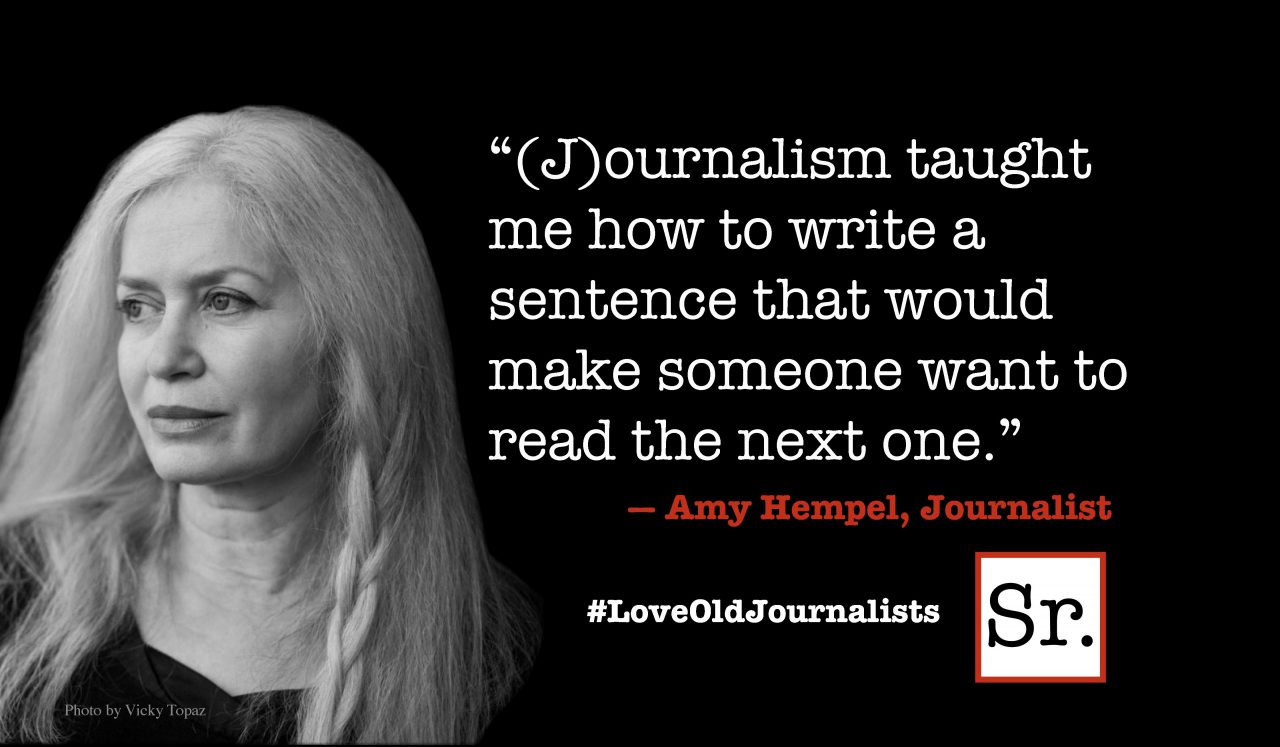It’s usually easier to identify race and sex discrimination in the work place than age discrimination. This is the gist of a new study by Princeton researchers in measuring age discrimination on the job. In sum, a professor and co-author of the study told a New York Times reporter, “If you want to be an aging panther, and speak your mind to your manager, that’s fine. But expect consequences.”
It isn’t just in the work place. And you don’t have to speak uppity to feel discriminated against. Most of the time you don’t have to open your mouth. Ask the Lady Friend.
At the checkout counter, she’s asked how many bags she wants for her groceries. If she wants everything in one bag, they’ll say, “Oh, you’re so strong,” as if she were a five-year-old.”
But at 80 she knows she has to slow down. Last week she hiked for eight miles on a narrow, hilly, rocky trail in the Trinity Alps with three women friends — ten to 15 years her junior. The pace had to be slower because of her. It made her feel guilty. She used to be able to keep up, if not lead the pack, and that was not so long ago.
The results of the Princeton survey don’t surprise either of us (I’m the senior by five years). It found that young and middle-aged workers can speak their minds more freely to their employers than 75-year-olds.
“Old people,” says the Lady Friend, “have always been a joke in this country. It’s just that we’re old and there’s nothing to be done about it. Younger people would like us to be cute and pliable and not assertive. At least that’s what I get from the story about the study, and from my own experience. If you’re assertive you are going to pay the consequences if you’re an older person, and those are the ones who generally speak up on the job.”
According to the Times article, when an older man or woman is laid off, it typically took two to six months longer to find a new job than it took younger workers. And the new job is likely to pay less.
A similar story was told by many unemployed older people during the recent recession. “They sent in their resume and got called for an interview, but when they walked in, potential employers saw their white hair and that was it,” the paper said.
As the Lady Friend put it, “The employers didn’t see the experience they saw on the application.”
This article originally appeared in the San Leandro Times.








